Conservation Matters: Winter 2023
In the U.S. alone, we send millions of tons of food waste to landfills each year, where that waste produces methane emissions rivaling those from industrial sources.
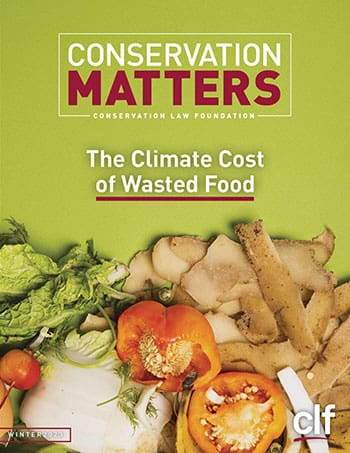
In the U.S. alone, we send millions of tons of food waste to landfills each year, where that waste produces methane emissions rivaling those from industrial sources.

Microgrids will provide communities with energy independence, resilience, and security in the face of extreme weather.
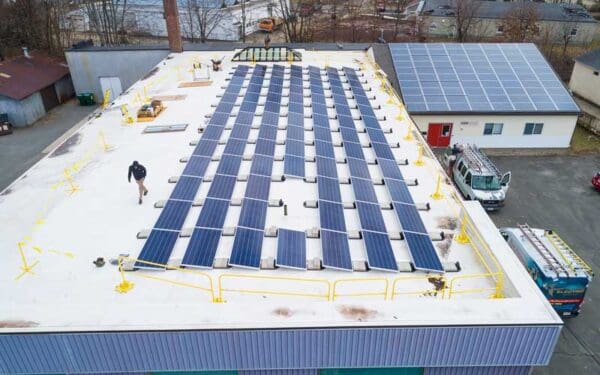
The Twin States Clean Energy Link would run from New Hampshire into Vermont and connect to Canada, bringing clean energy into and out of the region.
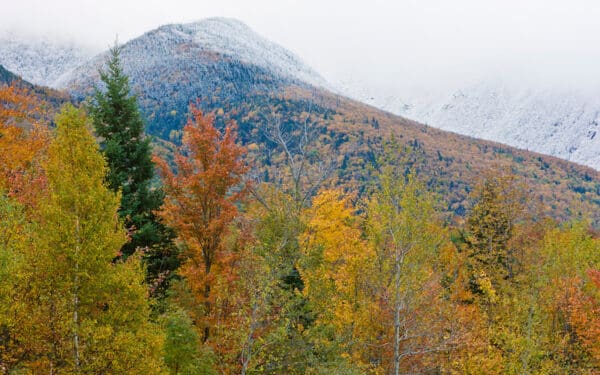
Marina joins CLF New Hampshire as the Environmental Justice Community Advocate based in Nashua. Prior to starting at CLF, she worked for the City of Manchester as the Mayor’s Community Engagement Manager. In this role, Marina served as the primary point of contact for many different stakeholders, addressing constituent concerns and working with city departments… Continue reading Marina Vaz

COP28 is a reminder that local governments can act on climate even when political debate stymies global negotiations

Right whale mothers and calves are especially vulnerable to being hit by boats and ships. For the species to survive, we need to better protect them.
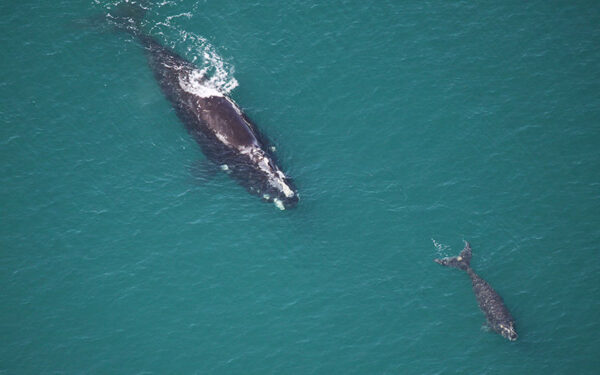
Outdoorswoman Mardi Fuller has reveled in nature all her life – hiking, backpacking, paddling, and more. In fact, the mountaineer, who enjoys hiking, backcountry skiing, and ice climbing, has earned a rare distinction: In January 2021, she became the first Black person to hike all 48 of New Hampshire’s 4,000-foot peaks in winter. “Maybe 1,000 people… Continue reading Mountaineer Mardi Fuller on Racial Equity in Nature

The Conservation Law Foundation reached an agreement with Schnitzer Steel over heavy metal pollution going into the water in New Hampshire, Massachusetts, and Puerto Rico
“It’s about time this multi-billion-dollar company complied with the law,” said CLF attorney Chelsea Kendall. “Toxic runoff from Schnitzer’s facilities has been contaminating waters that people depend on for drinking and recreation. This $3 million settlement will go a long way towards cleaning up these rivers and ensuring the company ends this harmful pollution”
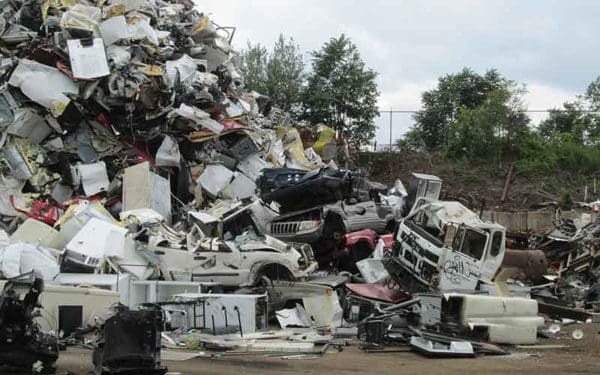
“It’s about time this multi-billion-dollar company complied with the law,” Conservation Law Foundation Attorney Chelsea Kendall said in a statement Monday. “Toxic runoff from Schnitzer’s facilities has been contaminating waters that people depend on for drinking and recreation. This $2 million settlement will go a long way towards cleaning up these rivers and ensuring the company ends this harmful pollution.”